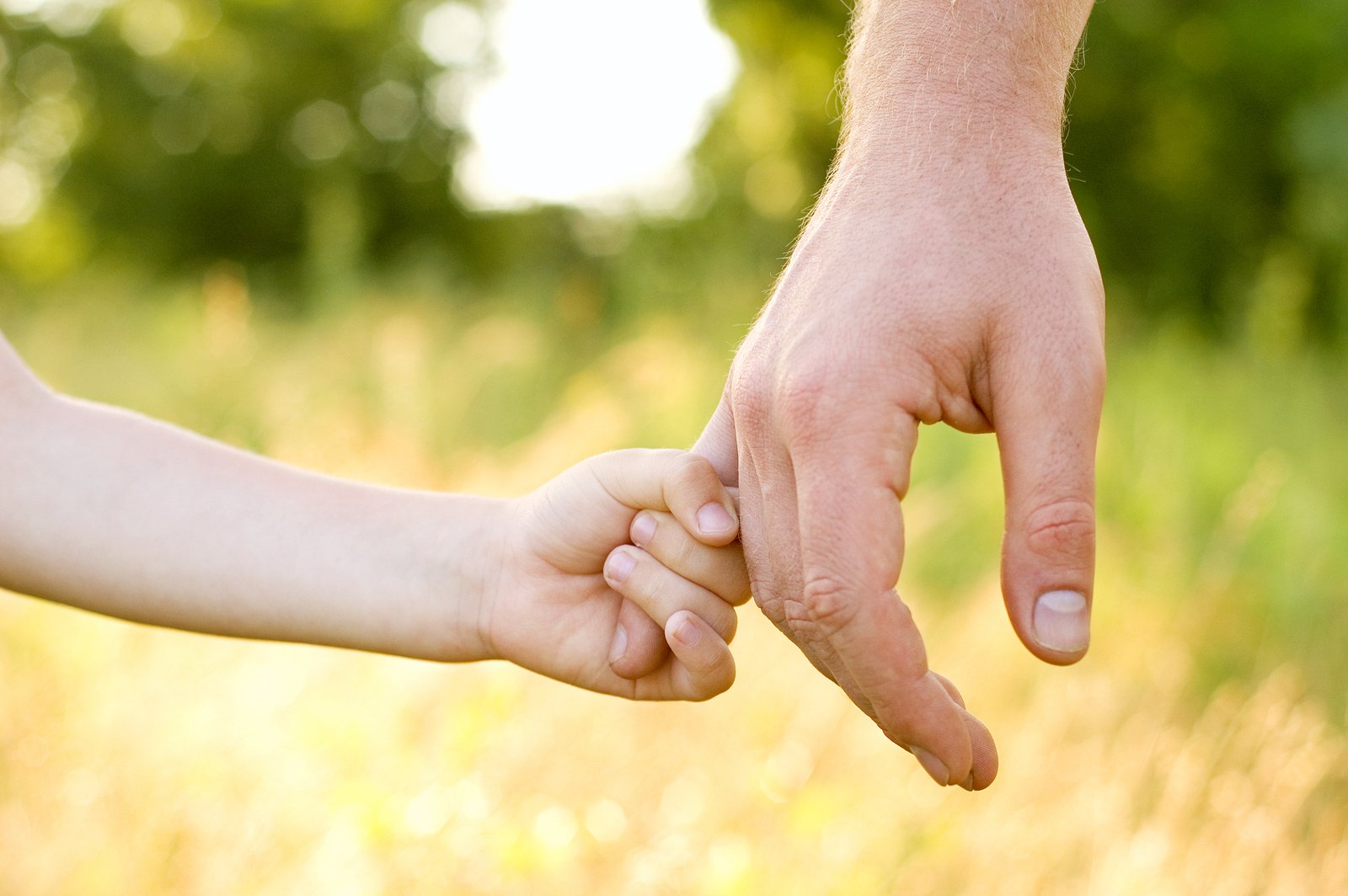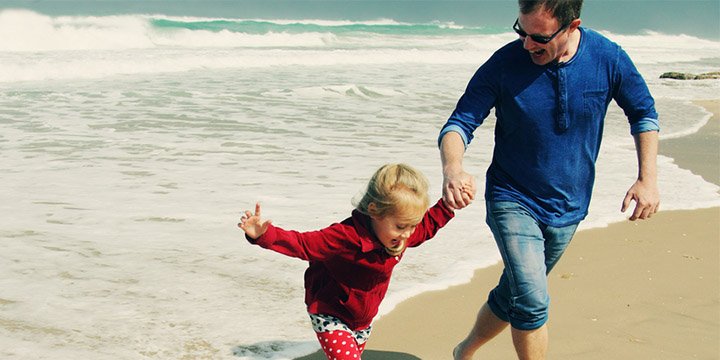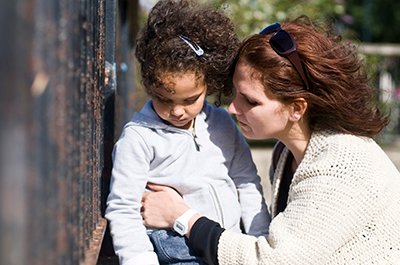
Children have to be educated, but they also have to be left to educate themselves- Ernest Dimnet
Stop trying to protect your child but keep trying to perfect your relationship with him- Dr. Henken
The Parent- child relationship is one of the longest lasting social ties human beings establish,” said Kira Birditt, lead author of the study and a researcher at the University of Michigan Institute for Social Research (ISR).Every teenager going through adolescent possesses a problem and this is inevitable because of the changes. Parents – child conflict increases as the children begin to experience adolescence. Although these problems are inevitable and there is no doubt about it. It can be quite disturbing for both Parents and teens. Children begin to see their parents as harsh, demanding and irrational. While on the other side the parents begin to wonder why their little loyal and cooperative child has turned strong headed, hostile and destructive. These changes most times leads to misunderstanding between parents and kids. Psychological studies have shown that during this period parent and Children bond tend to decrease drastically. Researchers have shown that an estimated 4-5 million American families ( roughly 20 percent), parents and adolescents engage in intense relationship resulting in conflicts which center more likely on clothing’s, music and leisure time than major adolescent’s drug use and delinquency. This relationship between Parent and child weakens because of the conflict increases during (ages 14-16), and declines in late adolescence (ages 17-18).

There are several changes that create conflict in Parent- child relationship:
• Adolescents gain an increased capacity for logical reasoning: During this period of adolescence they have an increased thinking faculty and this makes them question and demand reasons before carrying out instruction they would have obediently done in the past. Their developed sense of critical thinking skills makes them less obedient to their parents and stop seeing them as an unquestionable authority.
• They begin to realize that they can think on their own and that their opinions can also be right and not just their parent's own opinion. This makes them want to form their own opinion about everything.
• They tend to become ego-centric and this may make them ultra-sensitive to a parent’s casual remark.
Behaviour of Children in this generation towards their Parents:
• Teens seem to hate their parents: Children seem to develop the hate for their parents during this period of adolescence and development stage, though this hate normally dwindles drastically after the period, it is so hard for parents when this happens. But part of adolescence is about separating and individuating, and many children reject their parents in order to find their own identities. Children in this generation tend to be more aligned to their friends than their parents, which can be normal.
• They reduce physical communication towards parents and get addicted to communication gadgets: Due to the advent of communication firms such as IM, Texting, Facebook, Twitter and a bulk of social media platforms. This forms of communication reduced their physical communication with their parents and the people they live with. They believe that “Being networked with their friends is critical to most Children,” says Goldman.
• They get ultra- sensitive to remarks and easily create a drama out of everything: They become quite egocentric and feel certain comments made by their parents hurt their ego and this result in them walking out of the dinner, slams the door and shouts at the top of their voices.

Conclusion
The main motive of this article is to provide parents of an adolescent with information on how to understand and relate to their kids when they identify these changes. Parents are to obtain basic information about the developmental changes of adolescence and try to adapt to their child’s needs.
